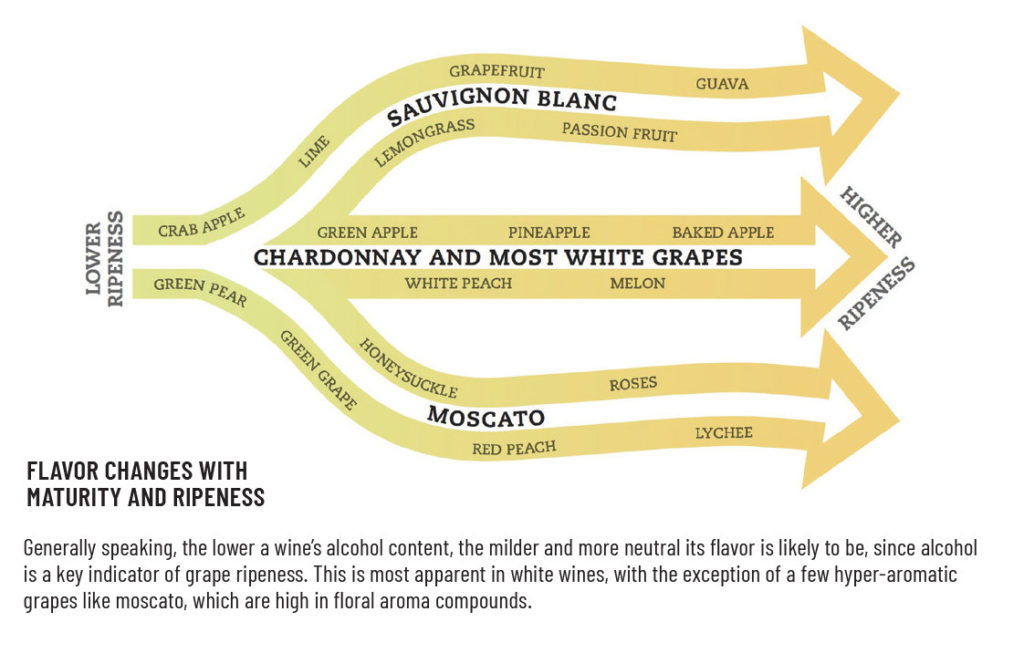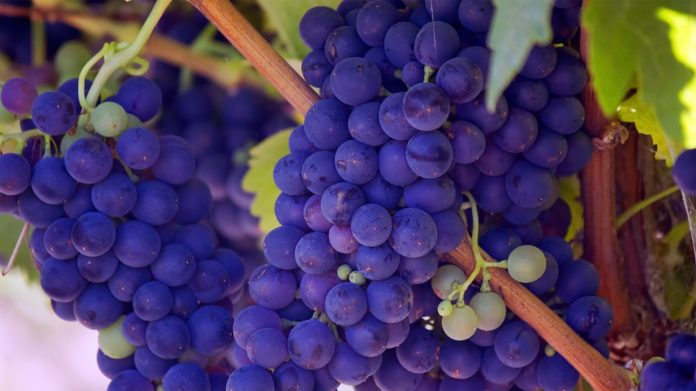Newcomers often latch onto grape varieties as though wine were like ice cream: the name of the flavor sums up how the product will taste.
This is understandable. Grapes are prominent on many wine labels, and seemingly offer a clear-cut way to decode the wine. However, varietal flavor is a moving target. There is a much wider range of styles possible within one grape’s wines than there is within the realms of chocolate or vanilla ice cream. Navigating solely by grapes does not take into account how environmental factors in the vineyard, or actions taken by the winemaker, shape the profile of the wine.
Like different varieties of apples or oranges, wine grapes look and taste dissimilar from one another. But unlike those fruits, grapes have a much larger scope of acceptable ripeness. A riesling grape might be ready to harvest in Germany at only 18% sugar, while a malbec grape in Argentina would need to reach closer to 24% sugar to be considered ripe. Ripeness is driven partly by climate, meaning how much sun and warmth vineyards experience, and partly by the winemaker’s decision of how long to wait before harvesting.
Since vines depend on sunshine for the development of key flavor compounds during the ripening process — as well as for their sugar content, or potential alcohol — degree of ripeness is often the main variable controlling flavor and style, more so than grape variety. It’s true that some grapes are quite distinctive in their wine flavors, like sauvignon blanc, while others are less easily recognizable, like chardonnay. But the flavors of wines made from different grape varieties can often resemble one another at low levels of ripeness, only to grow increasingly more distinct as those same grapes ripen (as shown below). This is particularly true of white wine grapes, which can taste pleasant at lower degrees of ripeness than reds.

Feature photo by Bill Williams on Unsplash.
Formerly the director of wine studies for Manhattan’s French Culinary Institute, Marnie Old is best known for her books published by DK: the award-winning Wine: A Tasting Course and He Said Beer, She Said Wine.










